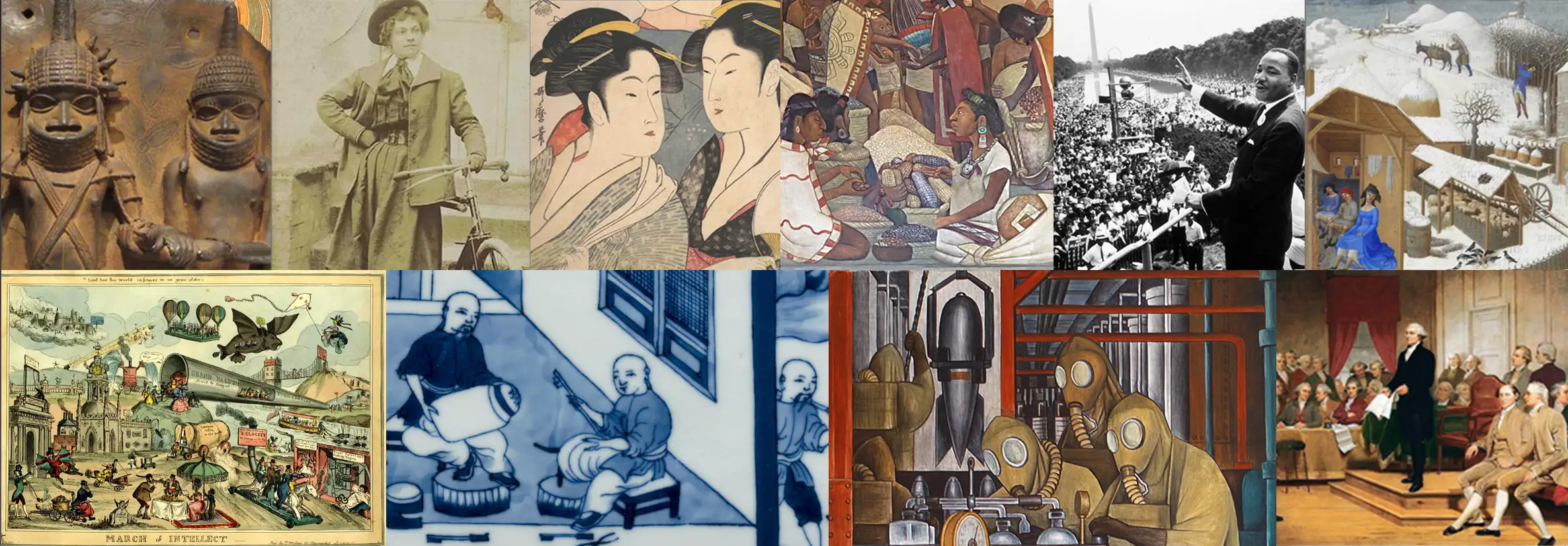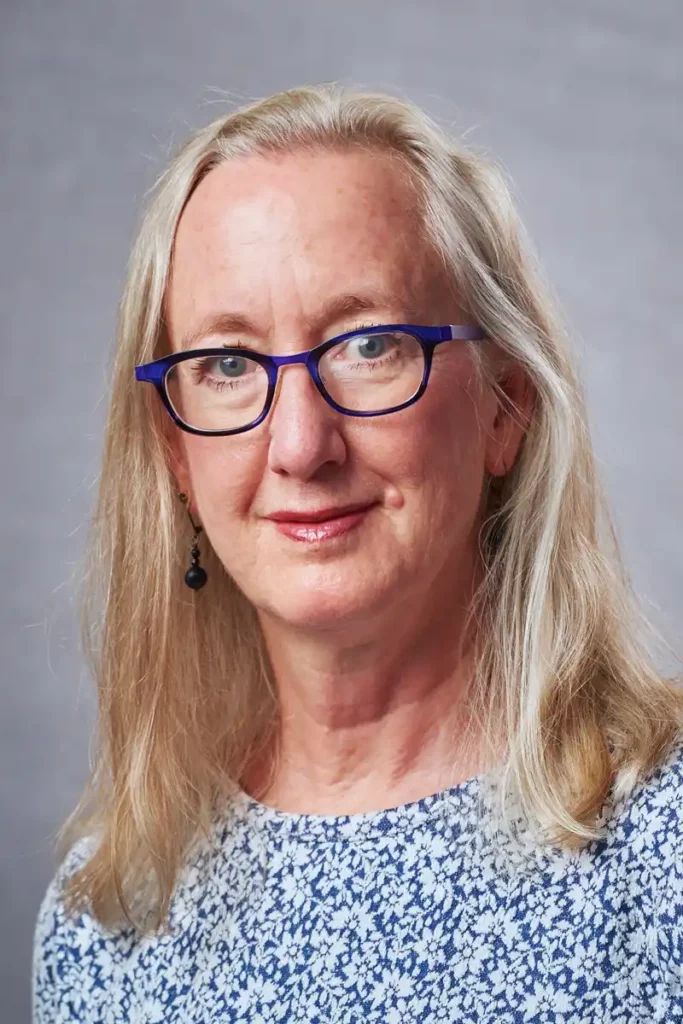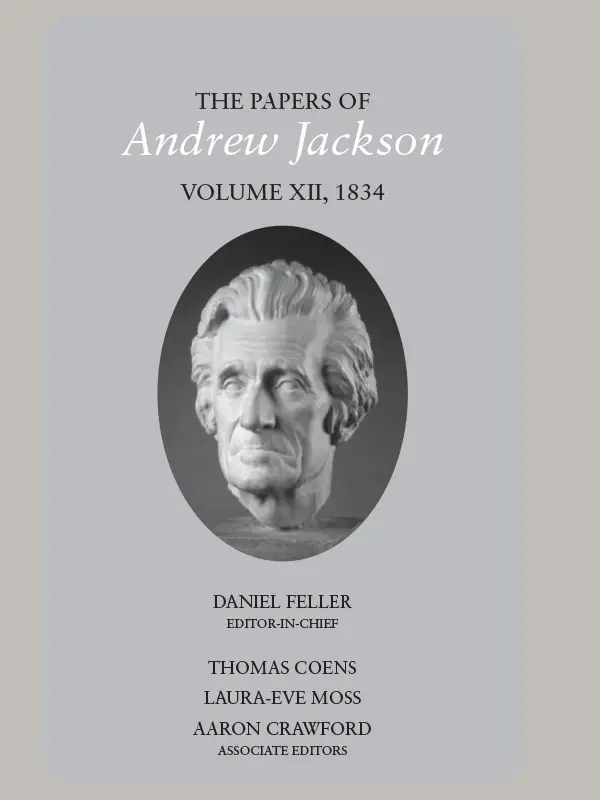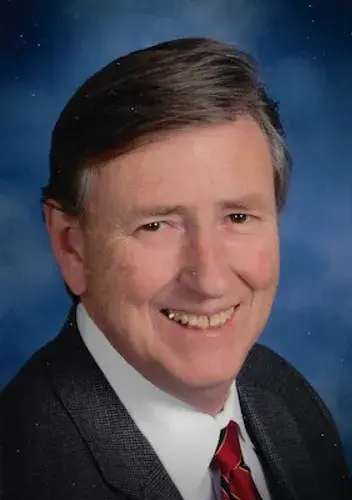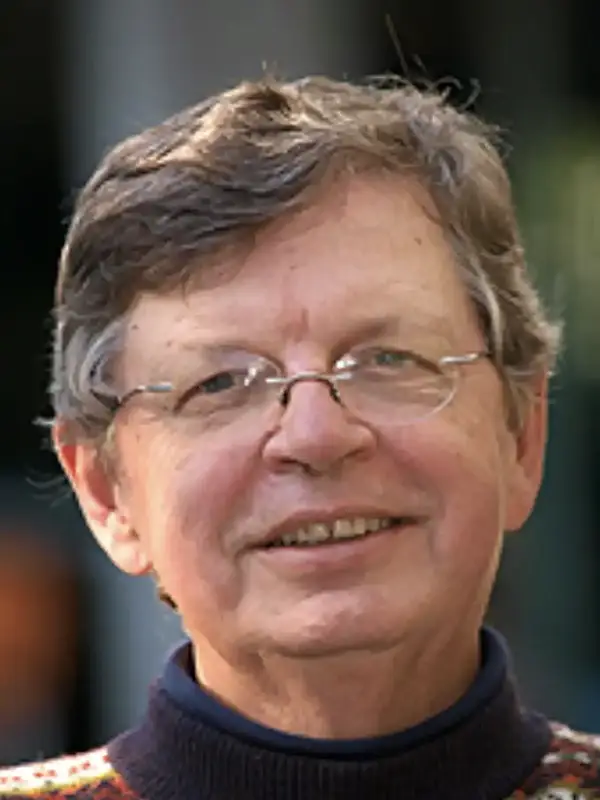Innovative Theses, Dissertations Earn Recognition
Many of our MA and PhD students have achieved professional milestones in the past year. Here are some highlights:

Premodern PhD candidate Stacie Beach formally accepted an offer to join Emmanuel University in Franklin Springs, Georgia, as an assistant professor of history.

American history PhD candidate Camren Lewin was awarded a summer residency at the National Humanities Center in Research Triangle Park, North Carolina, during July 2025. Lewin will spend a week in hands-on workshops that explore innovative research methodologies, effective teaching strategies, and the intricacies of securing grant funding.

Nick Strasser, PhD candidate in European history, was selected as an Emerging Scholars Fellow at the National WWII Museum’s Jenny Craig Institute for the Study of War and Democracy. He presented research on science fiction in Nazi Germany at the institute’s annual conference in New Orleans, with all expenses paid by the museum.
Strasser was selected as a graduate fellow at the Denbo Center for Humanities and Arts, where he will be in residence during the 2025-2026 academic year, completing his dissertation on German science fiction literature. He also had a paper accepted to present at the prestigious German Studies Association conference in September in Arlington, Virginia.

American history PhD candidate Roraig Finney won third place in the UT Graduate School’s Three-Minute Thesis competition, out of many dozens of competitors. This is the second year in a row that the history department has had a university finalist in this contest. He also organized a panel that has been accepted to the annual conference of the American Historical Association in January 2026, no small feat for a PhD student. Finney’s panel, “Seeking People, Keeping People: Migration Policy as Political-Economic Strategy” will explore the interplay of migration policy and political-economic strategy across the modern era. Panelists will examine how elites in the Habsburg Empire, United States, and British Kenya sought to use migration to pursue their political and economic goals, and how subalterns perceived and resisted these efforts.

Kyle Vratarich, PhD candidate in 19th century US history, presented at Virginia Tech’s Brian Bertoti Innovative Perspectives in History Symposium, and his paper, “The Safe Burglary Conspiracy: General Orville Babcock and the ‘District Ring,’” won the symposium’s Best Paper Prize.

Modern European history PhD candidate Jeff Saba was selected to participate in the 30th Transatlantic Doctoral Seminar at the German Historical Institute (GHI) in Washington, DC, in June 2025. He will be among a group of eight doctoral researchers from the US and Germany, and will present work-in-progress from his dissertation.
Saba also won second prize in the Adams Center for Military History and Strategic Analysis’ annual essay contest, hosted at the Virginia Military Institute. His paper was titled “Merging Worlds: The Soviet Military around Wittstock: 1945-1994.”

Early American history PhD student Morgan Hardy was awarded a two-month residential fellowship at the John Carter Brown Library in Providence, Rhode Island, and a Mary B. Wright Environmental History Fellowship from the Massachusetts Historical Society to complete research on “Fish and Sustainability: How Nature Shaped Sustainability in the Early American Cod Fisheries.”
